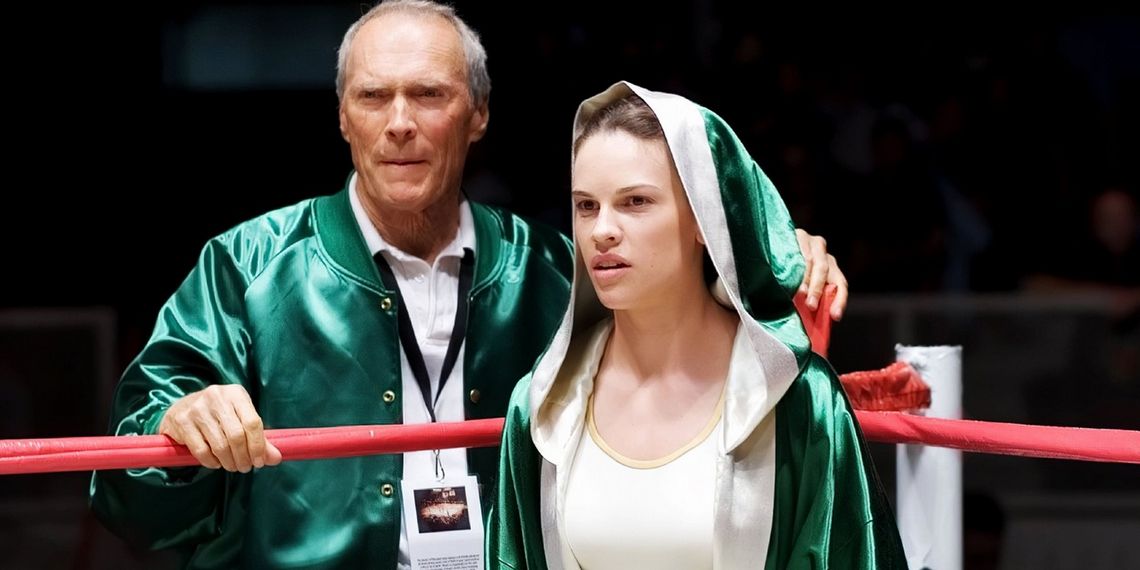„My Movie Was Going to Have to Live or Die on Its Own Terms”. Warner Bros. Didn’t Believe in the Success of Clint Eastwood's Movie, Which Eventually Won the Oscars and Earned $216 Million
Clint Eastwood showed the underestimating producers of his film, who preferred to bet on a picture with Tom Hanks and other big-budget productions, that they had almost overlooked the blockbuster that won the Oscars and earned $216 million.

There happen to be films that take audiences by surprise, turning out to be much better than anyone expected. And there are also times when they are able to surprise producers who didn't believe in them at all. A perfect example of this is Clint Eastwood's masterpiece, the box-office film Million Dollar Baby, which Warner Bros. didn't necessarily want to finance. In the end, it gave the project a chance, but they gave more attention and finances to other projects.
Eastwood, of course, had to fight to get Warner Bros. to want to contribute to the movie. He managed to arrange for one half to be financed by Lakeshore Entertainment and the rest to be put up by WB, which still didn't necessarily believe in the project and therefore didn't pay much attention to it. As a result, Eastwood had much more freedom while working on it. And in this way he was able to create a work exactly as he wanted.
And he believed it would defend itself, which is why he wanted Million Dollar Baby to fight for attention on its own, without the help of publicists. He told the story during an interview with Roger Ebert.
I just wanted to make it. I don’t want publicists hanging about. We stayed under the radar. With all the big $150, $200 million films out there, they thought this film was at a different importance level. I had about $25 million to make it with. They had their Alexanders and Polar Expresses they were working on, and I figured my movie was going to have to live or die on its own terms.
WB only began to see the film's potential after it was completed. When they were focused on their big productions, they almost overlooked a project with potential, which they only became interested in after seeing the completed material. And they had already started planning marketing campaigns when Eastwood made it clear that he was not interested in it and wanted his picture to prove its worth on its own.
We went and made it, they didn’t know anything about it, and after we showed it to them, they said, “Jesus, it’s not too bad”. Some people in the organization started getting enthusiastic. Eddie Feldman, the distribution guy, says, “How shall we open it?” “Why don’t we just put it out sometime after Thanksgiving”, I said. He said we had to mount a campaign. “No mounting a campaign, no mounting anything”, I said. “Just see where it goes”.
Eastwood’s movie was a success. His film was met with a fantastic reception, with earnings far surpassing the budget – the box-office result was $216 million. Not only that, Eastwood's work was also recognized at the Academy Awards, winning in four of the seven categories in which it was nominated.
Eastwood proved that his initially undervalued and overlooked project was worth every dollar put into it. Producers almost overlooked this diamond that could have been lost had the filmmaker not fought for it.